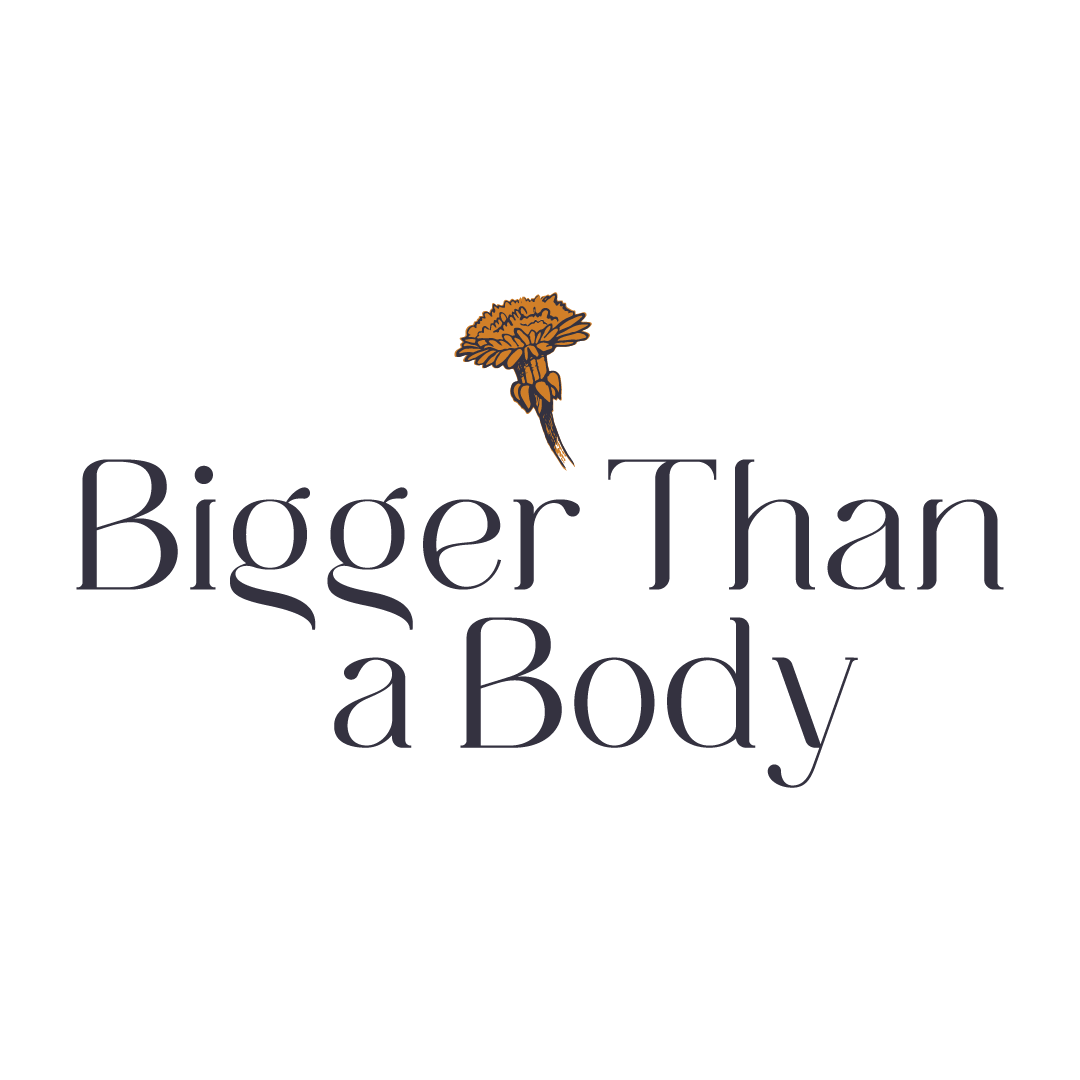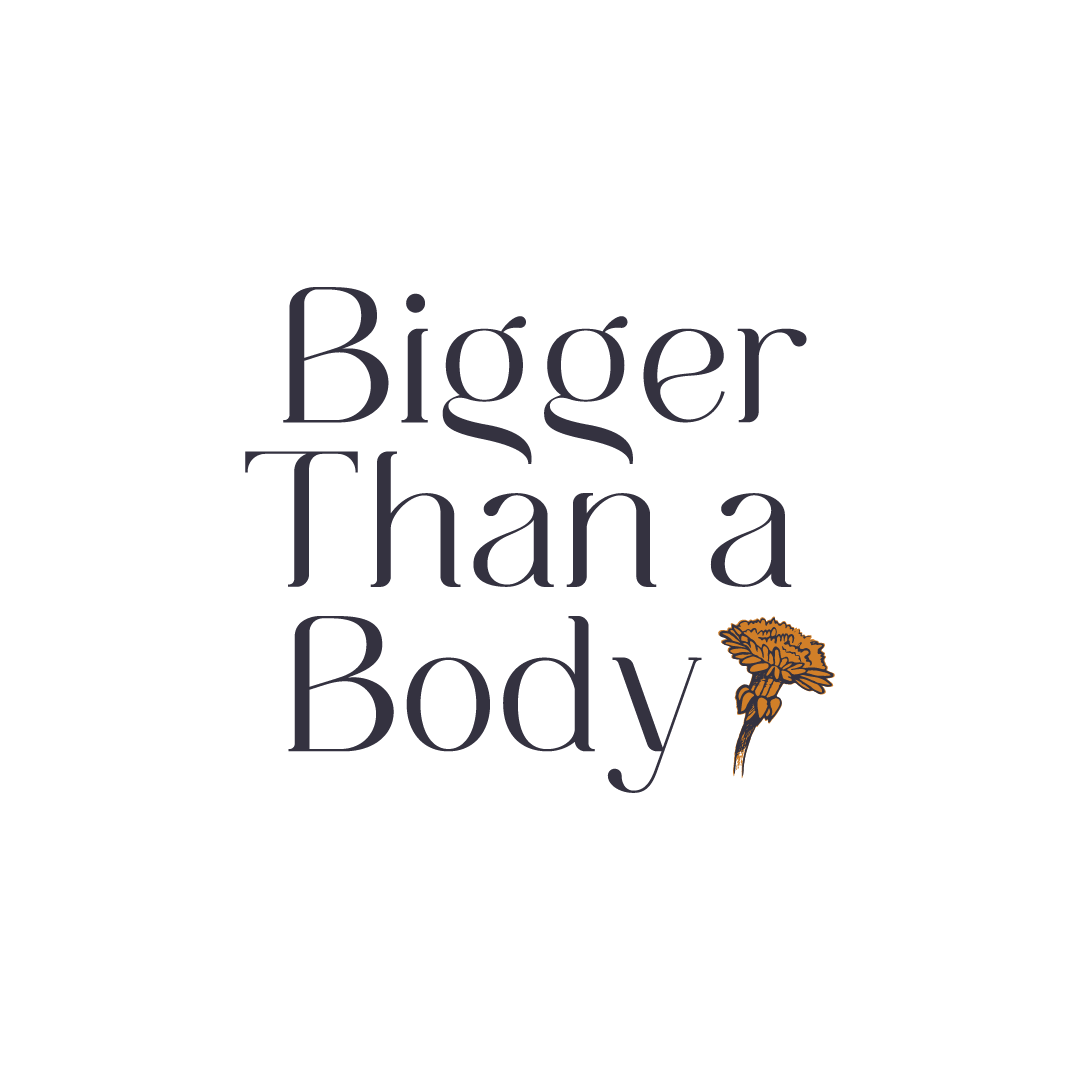The Healing Power of Community in Recovery and Beyond
A perspective from an introverted, “can do anything on my own” eating disorder survivor
Image by Marcos from Adobe Stock
I kept my eating disorder a complete and total secret for nearly 13 years.
Day after day I convinced myself I could beat it on my own and not burden anyone with my struggle or expose my inner demon. And sure, there were periods I was able to go one or two weeks without using any overt behaviors (bingeing or purging in my case). But it was all a bunch of self-manipulation and smoke in mirrors.
All the while, I still engaged in other sabotaging behaviors, like food restriction, incessantly weighing myself, over-exercising, and militantly counting calories. It was a constant countdown to the next relapse.
My breaking point came following a bulimic episode where I thought I was about to look death right in the eyes. I wrote about the experience here.
I started seeing a therapist and a dietitian, both trained to treat eating disorders. But that was just the beginning.
In time, I expanded my support system beyond my treatment team. Being vulnerable and leaning on others went from being my deepest fear to being among my most prized recovery tools.
And I’m not unique. Of all the clients I’ve worked with — of all the recovery warriors I’m come to know — full, lasting healing isn’t achieved alone. Nor should it have to be.
Relatability
None of us wants to feel like an outcast. We don’t want to believe we’re faulty or, even if we believe that to be true, we don’t want anyone else to see our perceived brokenness.
But when you expose yourself to people who’ve endured similar struggles as you, it has a way of quieting your ego. You take the shame out of your suffering and convert that into compassion. You do this because you learn to start speaking to yourself the way you speak to others.
The mere feeling of being seen and being heard — flaws and all — is so liberating. The secrets you’ve long stowed away can now be unleashed without any judgment.
The common way to find this type of empathic community is by joining an in-person or online support group. If you’re thinking, “But I’m way too introverted for that. The sheer thought of attending one is extremely anxiety-provoking.”
First, your feelings are valid. I, too, am an introvert at heart. And so are so many of the people who attend support groups.
Go into that first (or first few) meetings without any expectations of yourself other than to show up. Yes, your facilitator may call on you to speak at some point, but you’re in a safe space. Or you should be. This brings me to my next point.
Find a support group that actually feels supportive.
Give each group a fair chance by attending at least a few sessions. They can sometimes vary greatly from one to the next.
If you feel there’s a pattern of trauma dumping or like you’re not deriving any real benefit from the group, either speak with the facilitator about your concerns or seek out another support community. There is one out there for you, and it’s well worth the time to find it.
Accountability
Let’s get one thing straight: having people to hold you accountable in recovery is not a knock on you.
You’re going through a major life change, and surrounding yourself with people who can nudge you, guide you, challenge you, and check in on you is a critical part of the healing process.
Another thing to get straight: People want to be there for you.
Your family and friends love you. Your fellow recovery warriors want to encourage you the way you have them. Your treatment team picked this line of work for a reason.
If you feel like you’re burdening anyone by reaching out, challenge the truth of that thought.
If you feel irritated by others checking in or calling you out, remind yourself why they’re doing it (and how fortunate you are to have people in your corner).
Of course, it’s you who has to take action at the end of the day. Your community can’t heal you, and you shouldn’t expect that. But having the accountability to push you to make that hard, recovery-focused choice can make all the difference.
Discoverability
The healing power of a community doesn’t begin and end with empathy and accountability.
Surrounding yourself with people who lift you up is also critical to the bigger picture of recovery, which is to discover the beauty and joy of life without your disorder or addiction.
Connect with people who’ve recovered from a similar struggle as you and who can inspire you to stay on track. This could be a sponsor, recovery coach, or a blogger or social media influencer who openly shares about their life before and after recovery.
But even people who can’t relate to your illness or addiction can be tremendously powerful forces in your healing journey. Pinpoint people who exude positive energy, caring spirits, and inner strength. On the flip side, filter out people (online and IRL) who bring you down or trigger you.
The more you crowd in the good, the more likely you’ll not only recover from your illness or disorder, but the more likely you’ll also discover who the person is you’d like to recover to.
I wish I’d had the courage to admit to myself sooner that recovering from my eating disorder wasn’t something I could properly approach (let alone succeed in) without support.
Even when there are adversities in life we think we can address on our own, that doesn’t mean we have to or that we should.
Yes, being vulnerable is hard. Especially when you’re a private or introverted person.
Yes, finding your circle takes effort. Especially when there will be people you learn you can’t trust or confide in.
Yes, the fear of letting people down can show up. Especially if you’re a people-pleaser.
But the empathy, the genuine support, and the self-growth you get in return are entirely worth it. Don’t waste another second trying to convince yourself otherwise.
With love 🖤
– Mikaela


